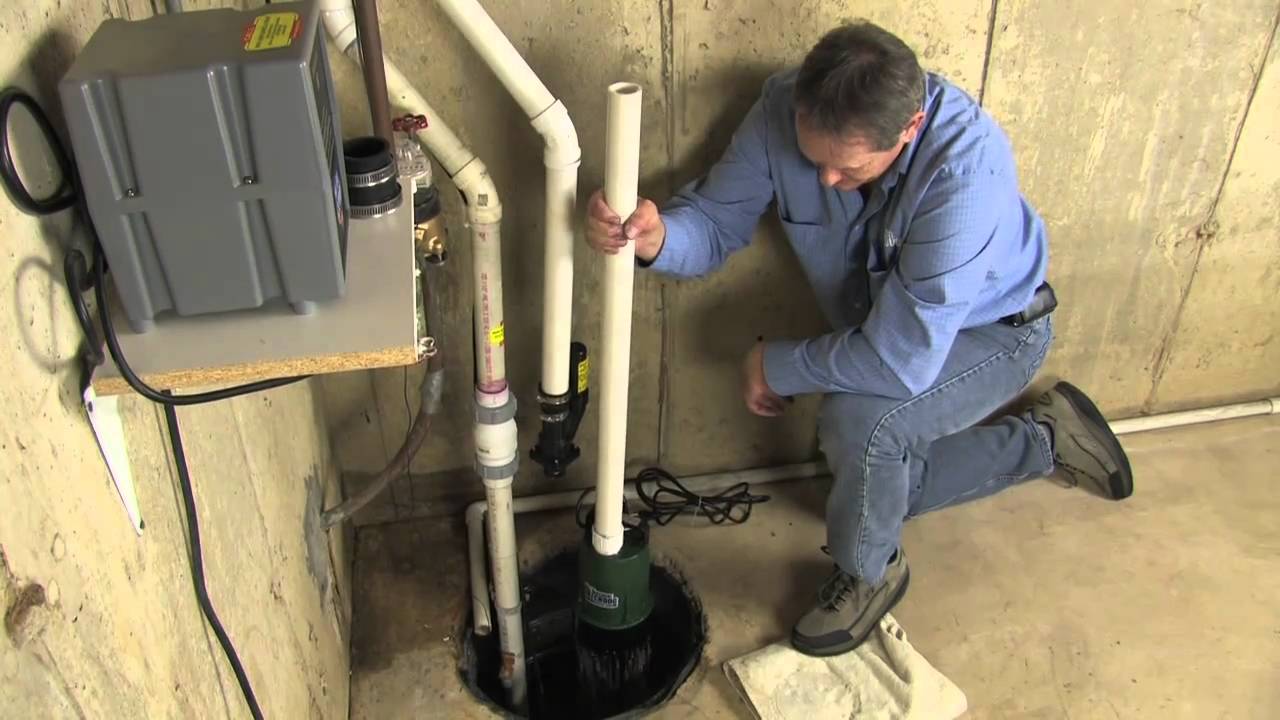Comprehensive Guide to Sump Pump Repair in Indianapolis
When it comes to safeguarding your home from the destructive power of flooding, a sump pump is your first line of defense. However, like all mechanical devices, sump pumps can experience wear and tear over time, leading to failures that could expose your property to water damage. If you’re living in Indianapolis, understanding the ins and outs of sump pump repair is crucial for maintaining the safety and dryness of your home. This guide delves deep into the essential aspects of sump pump repair, ensuring that you have the knowledge to address any issues that may arise.
Understanding the Importance of a Sump Pump
A sump pump is designed to remove accumulated water from the sump basin, typically found in the basement of homes. In areas like Indianapolis, where heavy rainfall and snowmelt are common, having a functional sump pump is vital. The pump prevents water from flooding the basement, which can lead to structural damage, mold growth, and a host of other issues.
Signs That Your Sump Pump Needs Repair
Recognizing the early warning signs of sump pump failure can save you from costly repairs and extensive water damage. Here are some common indicators that your sump pump might need attention:
- Unusual Noises: If your sump pump is making strange noises, such as grinding, rattling, or squealing, it could indicate that parts are worn out or debris is lodged in the system.
- Frequent Cycling: A sump pump that turns on and off frequently, even when there’s no water to pump, could be a sign of an electrical issue or a problem with the float switch.
- Inconsistent Operation: If your sump pump doesn’t turn on when it should or fails to shut off, it’s time to consider a repair or replacement.
- Visible Rust or Corrosion: Rust on the sump pump could indicate that water is leaking where it shouldn’t be, or that the pump is deteriorating due to old age.
- Excessive Vibration: If your sump pump vibrates excessively during operation, it could be an indication that the impeller is bent or damaged.
Common Sump Pump Problems and How to Fix Them
Understanding the root cause of your sump pump issues is the first step to finding a solution. Here are some of the most common problems and their corresponding fixes:
1. Power Failure
Power outages are one of the most common reasons sump pumps fail. Without electricity, the pump can’t operate, leaving your basement vulnerable to flooding. To mitigate this risk, consider installing a battery backup system or a generator.
2. Stuck Switch
The float switch is a crucial component that activates the pump when water levels rise. Over time, the switch can become stuck due to debris or mechanical failure, rendering the pump useless. Cleaning the sump basin and ensuring the switch moves freely can often resolve this issue. If the switch is damaged, it may need to be replaced.
3. Clogged Discharge Line
The discharge line carries water away from your home. If this line becomes clogged with debris, ice, or dirt, it can prevent the pump from expelling water, leading to backups and potential flooding. Regularly inspect the discharge line for obstructions and install a cover to protect it from debris.
4. Frozen Discharge Pipe
In colder climates, such as Indianapolis, the discharge pipe can freeze, causing water to back up into the sump pit. To prevent this, ensure that the discharge line is properly insulated or buried below the frost line. You can also install a larger discharge pipe to reduce the likelihood of freezing.
5. Motor Failure
The motor is the heart of your sump pump. If it fails, the entire system will cease to function. Motor failure can result from a variety of issues, including overheating, electrical faults, or worn-out components. If your sump pump’s motor has failed, it’s often best to consult a professional for repair or replacement.
When to Call a Professional
While some sump pump repairs can be handled by homeowners, others require the expertise of a professional. Here are some situations where it’s best to seek professional help:
- Electrical Issues: If your sump pump is experiencing electrical problems, such as tripped breakers, it’s crucial to have a licensed electrician inspect the system.
- Persistent Problems: If you’ve attempted repairs and the problem persists, it’s time to call in a professional to diagnose and fix the issue.
- Replacement: If your sump pump is old or has undergone multiple repairs, it may be more cost-effective to replace the unit entirely. A professional can help you choose the right model for your home and ensure proper installation.
Preventative Maintenance Tips
Regular maintenance is key to extending the life of your sump pump and ensuring it operates when you need it most. Here are some tips to keep your system in top condition:
- Test the Pump Regularly: Pour a bucket of water into the sump pit to ensure the pump activates and discharges water properly.
- Inspect the System Annually: At least once a year, inspect the sump pump, float switch, and discharge line for any signs of wear or damage.
- Clean the Sump Pit: Remove any debris from the sump pit that could obstruct the pump or float switch
Conclusion
A well-maintained sump pump repair in Indianapolis is essential for protecting your home from the dangers of flooding. By understanding the common issues that can arise and knowing when to call in a professional, you can ensure your sump pump remains in optimal condition. Regular maintenance and prompt repairs will not only extend the life of your sump pump but also provide peace of mind during heavy rains and storms.






